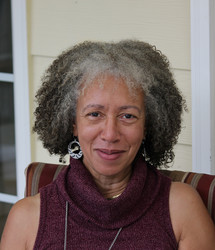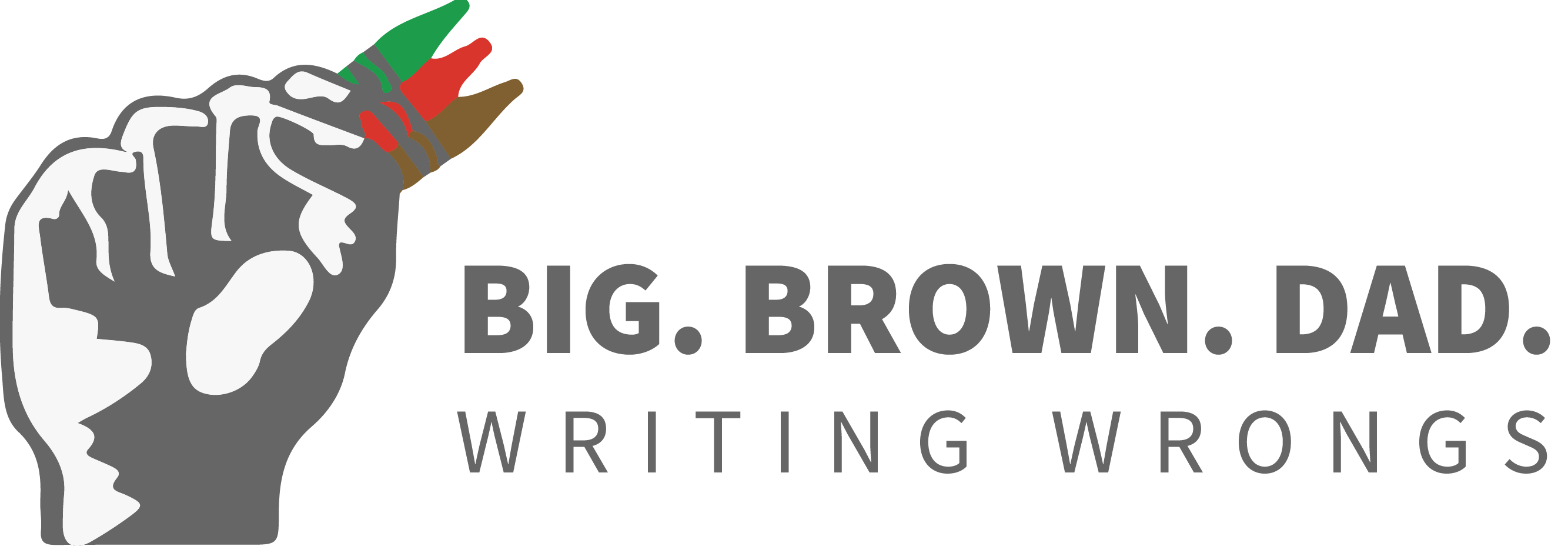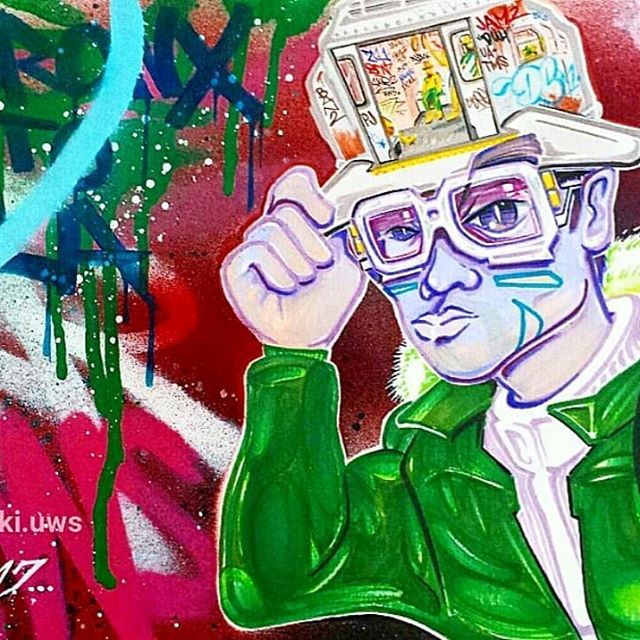You’ll remember that I recently posted an article and video about a great hip hop history book for kids called The Roots of Rap.
The good folks from Little Bee Books put me in contact with the author, Carole Boston Weatherford, and I had a chance to ask her some questions about her work. Enjoy!

Q. What was your relationship with books as a kid? How did your parents help shape that relationship?
I grew up in a language rich environment where books, songs, and family stories were shared. My first career goal was to be a librarian. I even cataloged the books on my shelf and glued card pockets into the books in my collection.
Q. Which children’s books were you eager to share with your kid(s)?
Besides the poetry of Langston Hughes, not many from my childhood. By the 1990s, there were so many more diverse books at their disposal than there had been for me in the 1960s. One of the books that I most enjoyed sharing with them was Faith Ringgold’s Tar Beach.
Q. When did you start paying attention to the ‘authors’ and ‘illustrators’ of your favorite books? What did you notice?
I began to notice when I started sharing books with my children and set my sights on creating children’s books. I was in awe of illustrators like E. B. Lewis, James Ransome and Floyd Cooper. I was inspired by the work of Jacqueline Woodson, Nikki Grimes and Marilyn Nelson. Nelson’s Carver and Woodson’s The Other Side are still mentor texts for me.
Q. When did you decide that you wanted to put your stories and books into the world? What was the biggest obstacle in your way and how did you overcome it?
After discovering the new crop of multicultural books available to my children in the 1990s, I transitioned from writing poetry for adults to writing children’s books. I was unagented until around 2014, so my biggest hurdle was getting editors to read my work.
Q. Which of your books had the greatest impact on you while writing it?
Writing the verse novel, Becoming Billie Holiday, was a magical process. She is my muse. When I was writing the poems, it was almost as if she was humming and whispering in my ear. That was the first time that I was aware of channeling a subject.
Q. What’s been the greatest net benefit of having hip hop grow into a global phenomenon?
Hip hop has given youth a voice, a platform to be heard. That is especially meaningful for urban and disadvantaged youth who may feel alienated and disenfranchised from the social, economic and political mainstream.
If you’re interested in the pursuit of books, take a peak at our Big Brown Sunday: Books and Beyoncè article HERE.
If you rock the lead image on this story, be sure to check out the work of my OG, Markski from UWS.

